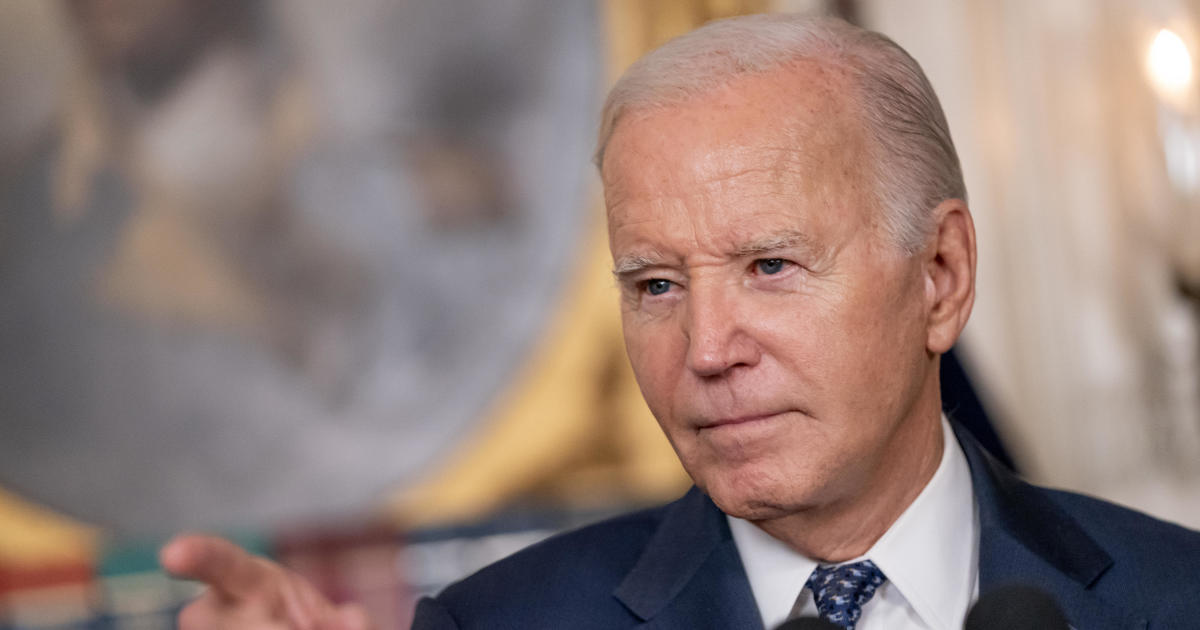The Biden administration has reached an agreement to provide Intel with up to $8.5 billion in direct funding and $11 billion in loans for computer chip plants in Arizona, Ohio, New Mexico, and Oregon. This investment, along with additional investments, is expected to create a combined 30,000 manufacturing and construction jobs. The funding comes from the bipartisan CHIPS and Science Act, signed by Biden in 2022, aimed at investing $200 billion in domestic production of semiconductor computer chips to reduce U.S. dependence on overseas manufacturers.
Commerce Secretary Gina Raimondo stated that the deal reached through her department would position the U.S. to produce 20% of the world’s most advanced chips by 2030, up from the current level of zero. The inability to domestically produce advanced chips has been identified as a national security and economic risk. The funding announcement is seen as a move to bolster U.S. manufacturing and job growth, with President Biden touting his economic policies as leading to this resurgence in U.S. manufacturing and job creation.
The investment in U.S. chip manufacturing is seen as crucial in light of concerns about access to chips made in Asia and potential economic repercussions. The government support provided under the CHIPS Act is expected to help enable Intel to make $100 billion in capital investments over five years, with a significant portion going toward building new chip plants and modernizing existing facilities. The Biden administration has emphasized the importance of supporting companies in the semiconductor industry to invest domestically.
Intel plans to use the funding in four different states, including Arizona, Ohio, New Mexico, and Oregon, to build new chip plants, establish advanced facilities, and modernize existing facilities. The company will also focus on workforce training and access to affordable child care as part of the agreement with the Commerce Department. This investment is seen as a pivotal moment for the U.S. semiconductor industry, with Intel’s CEO calling the CHIPS Act the most critical industrial policy legislation since World War II.
Overall, the funding agreement with Intel reflects the Biden administration’s efforts to bolster domestic manufacturing, create jobs, and reduce U.S. dependence on overseas chip manufacturers. The investment is expected to have a significant impact on the semiconductor industry and contribute to the nation’s economic growth and security. President Biden’s visit to Intel’s campus in Arizona highlights the importance of this investment in advancing U.S. chip manufacturing capabilities and securing the nation’s position in the global semiconductor market.









